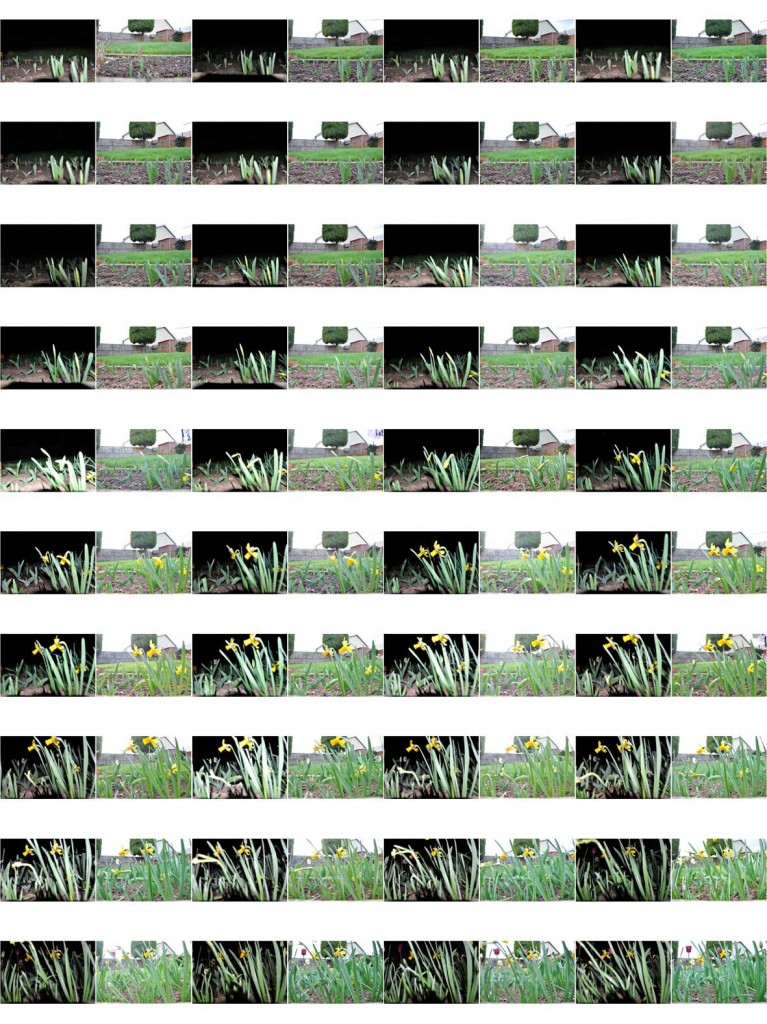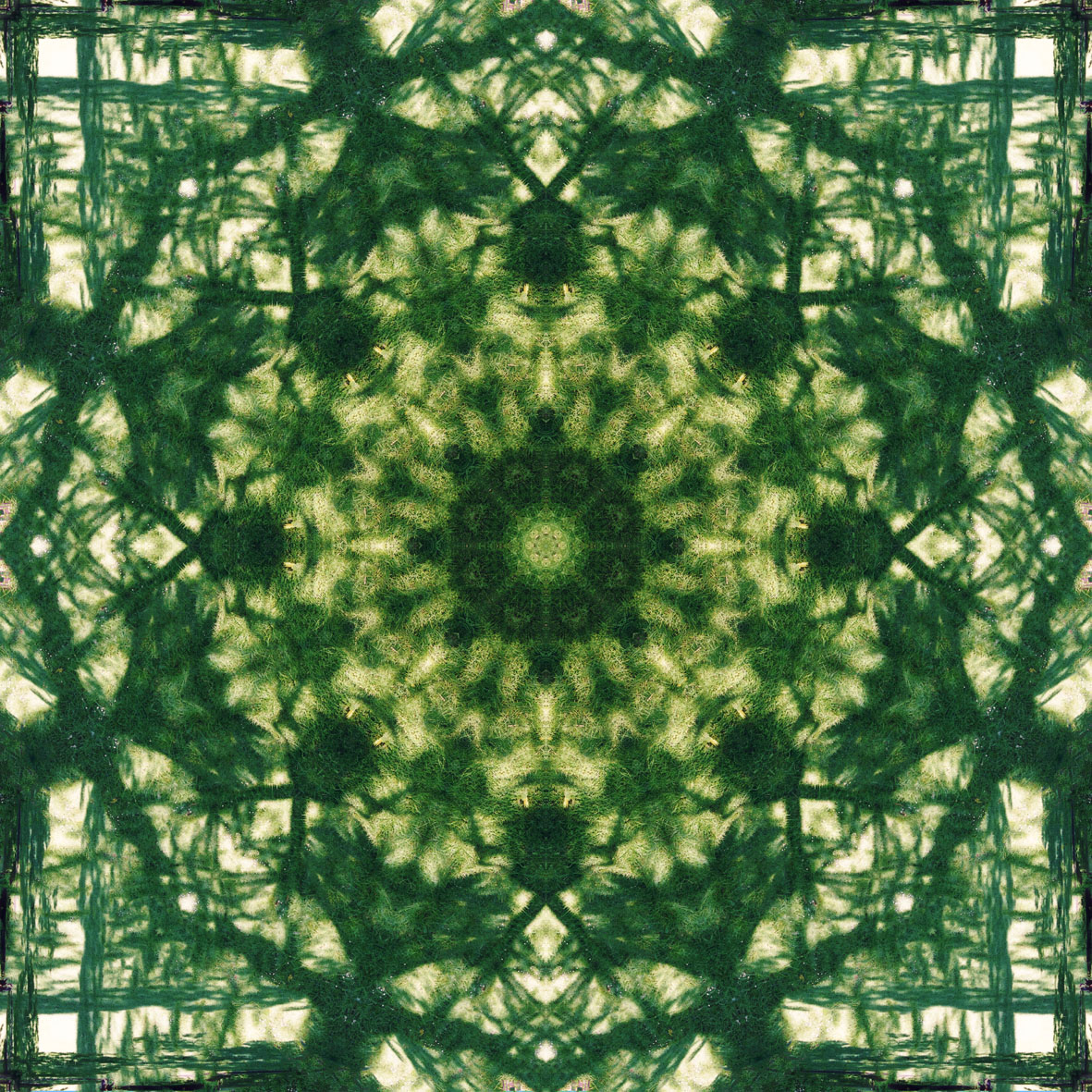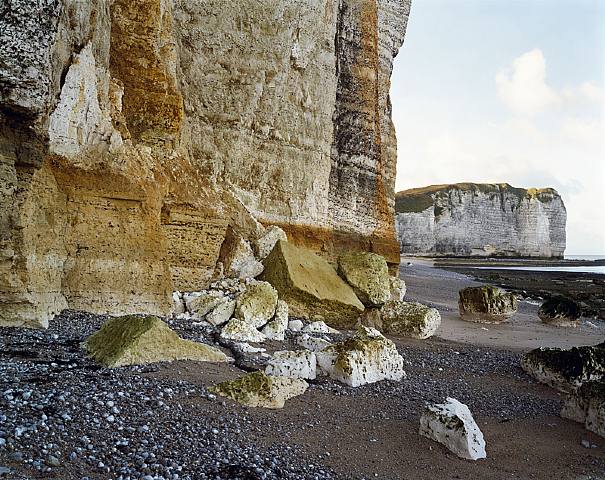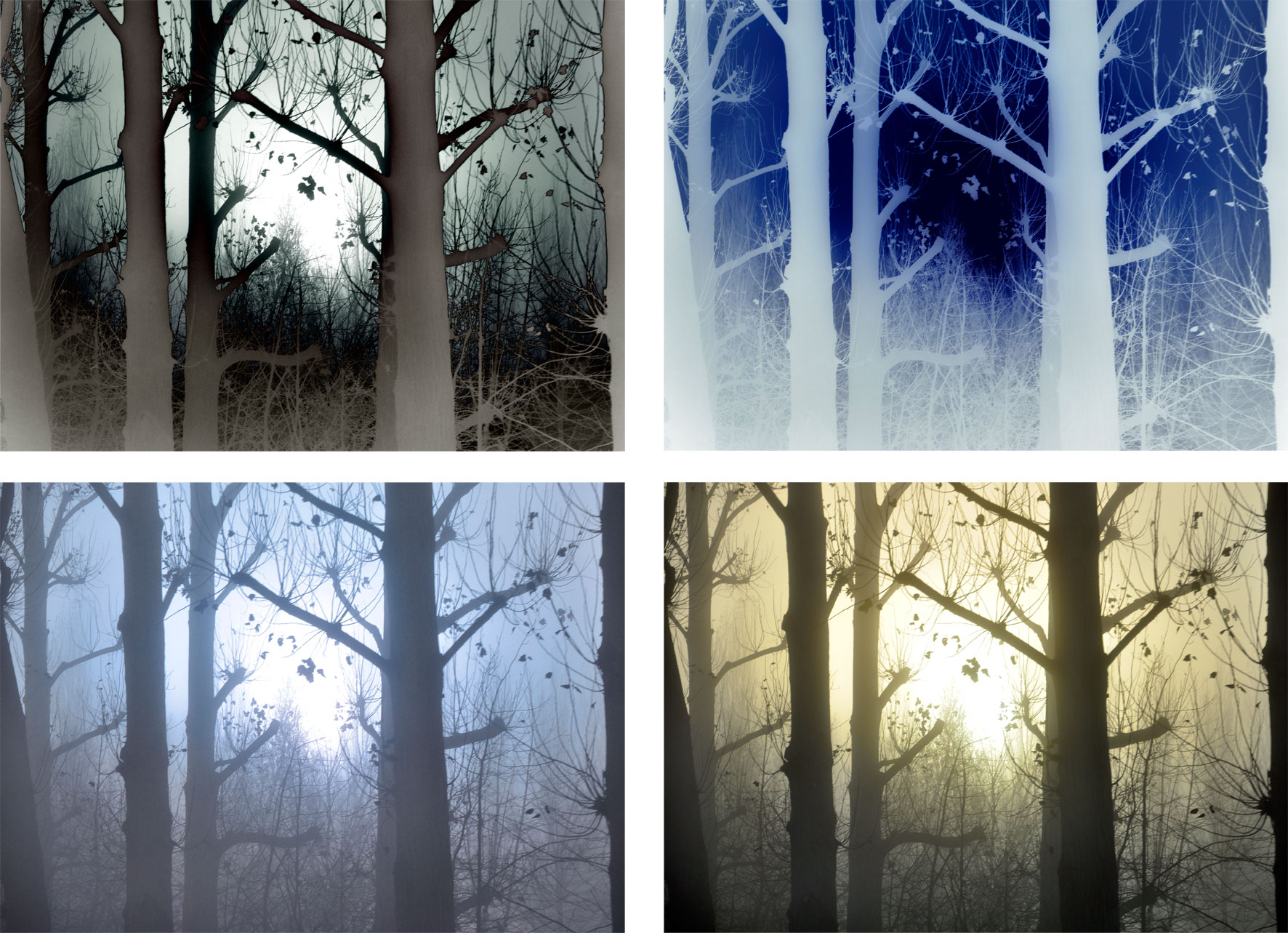Ash Wednesday is a day of confronting our mortality through the symbol of ashes, beginning to strip away our comforts, and embarking on the archetypal journey into the desert that is an essential part of conversion. Conversion is the process of discovering that God is always much bigger than we imagined and that our own attempts at filling our lives with things and busyness and power look so very small in comparison. The paradox of this movement is that while we are releasing our hold on all manner of things, it may feel a bit like death.
From Water, Wind, Earth and Fire, by Christine Valters Paintner (2010).
Does one think that the world is wicked, or foolish, or falling to bits, then half an hour with a bulb catalogue will cure one of all this nonsense. For it breathes a spirit of trusting hope. Are we not told that “England has succeeded in restoring her financial balance. Signs everywhere of this awakening to a New Life, greater confidence in the Future”? And thus, “inspired by that confidence we are taking steps not to be found wanting next Spring, when everything will be breathing New Life, and Nature, clad in her new and bright coloured dress, will be calling to us to rise and follow her.” So we must sprinkle bulbs all over our gardens, planting them where they fall. We are fully persuaded that it is a good, sweet, kind world, worthy of these thousands of narcissi and crocuses and tulips upon which we are advised to spend our money. … It is a greater act of faith to plant a bulb than to plant a tree. For no matter how small the young tree is, there, visibly, is the eventual form in microcosm. But with a bulb it is different. It needs a great fling of imagination to see in these wizened, colourless shapes the subtle curves of the iris reticulata or the tight locks of the hyacinth. At the time of bulb planting one most nearly approaches the state of mind of the mystic.
From Four Hedges, by Clare Leighton (1935).
Header image: 40 Days and 40 Nights, 2012, by Sheona Beaumont.



